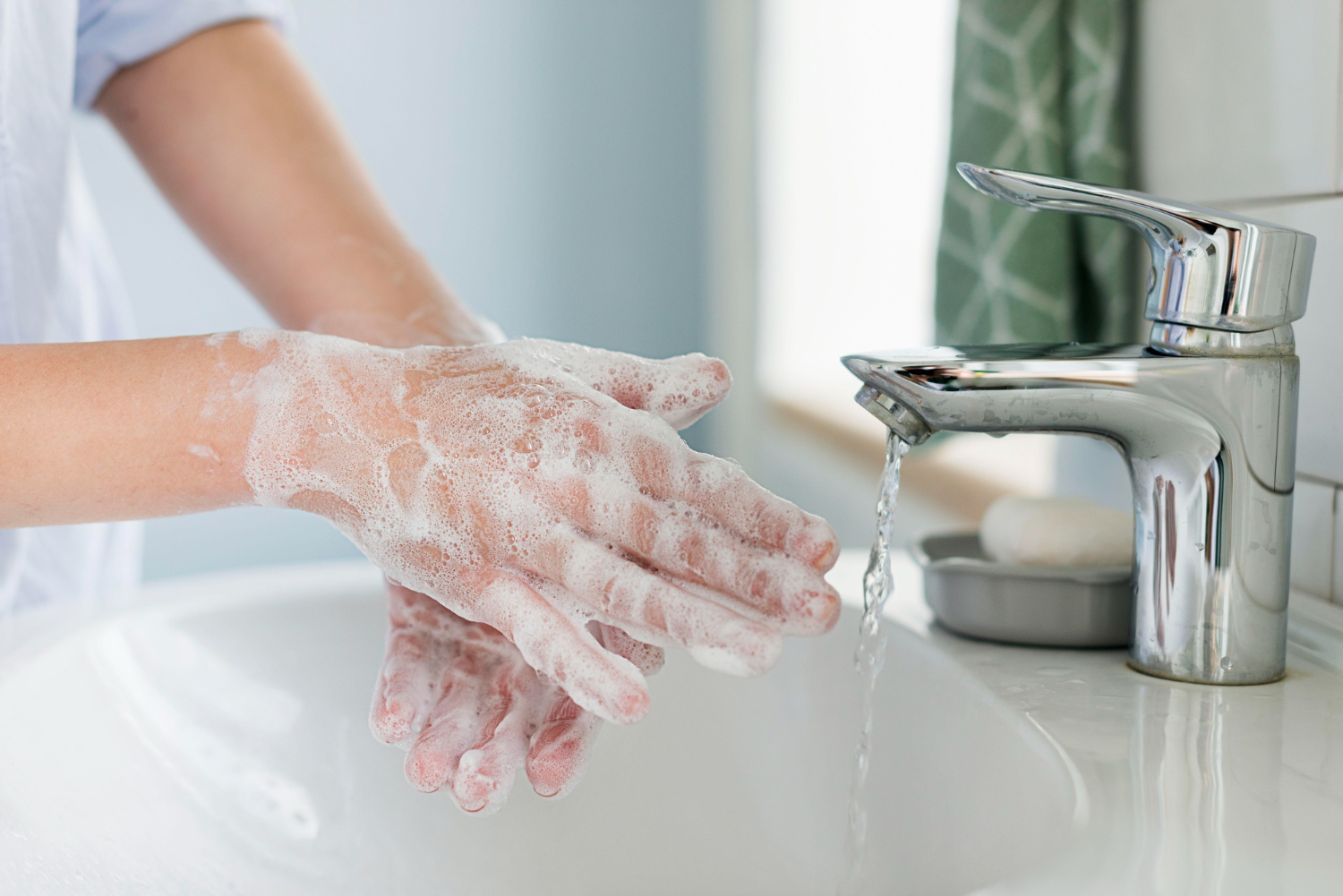Our environmental surroundings are covered with pathogens, harmful viruses, and germs. Believe it or not, your body can be home to these microbes for growth and multiplication. It is estimated that more than 17 million people are killed by microbial disease. you live a happy and healthy life. This article discusses the importance of good hygiene practices and tips and how you can follow them to live a healthy lifestyle.

Why is personal hygiene so important?
Good personal hygiene involves practicing healthy habits to keep your external body healthy. Maintaining good personal hygiene doesn’t mean looking good; it also means caring for your well-being by practicing physical hygiene habits. Besides improving your well-being, good hygiene practices protect your body from infectious diseases.
People with bad personal hygiene are more susceptible to germs and infectious diseases. There are many germs that cause diseases by passing on through contaminated food, getting feces on your hands, coming in contact with contaminated surfaces, and touching people who are susceptible to infections.
If you have poor personal hygiene, you are susceptible to developing the following conditions:
- Tooth decay
- Staph infections
- Athlete’s foot
- Scabies’ worm-related diseases, such as threadworms.
- Respiratory infections like flu and cold.
- Diarrhea, especially gastroenteritis
- Trachoma – an eye infection.
Good Hygiene Practices For Healthy Living:
If you want to reduce the risk of infectious diseases and improve your overall well-being, follow these essential healthy hygiene habits:
1. Wash Your Hands:
Your hands are the most exposed organs of the body, which are susceptible to infections. To avoid catching an infection, you must wash your hands for at least 15-20 seconds.
- Gently rinse your hands with water.
- Apply soap to your hands and rub your palms together.
- Clean the back of your hands and fingers.
- Use clean running water to rinse your hands.
- Use a clean towel to dry off your hands.
You can also use an alcohol-based hand sanitizer to clean all the surfaces of your hands. You should wash your hands in the following situations:
- After blowing your nose.
- Before and after going to the toilet.
- After touching contaminated, dirty surfaces.
- Before and after treating wounds and cuts
- Before and after touching a sick person.
- After handling pets.
- After changing the baby’s diaper.
2. Bathe Regularly:
Although you don’t need to take a shower every day, wash your body, especially your armpits, genitals, and anus. Wash your body with a shower gel or soap to remove germs and bacteria that cause body odor.
3. Brush and Floss:
Poor oral hygiene can cause bad breath, tooth decay, and cavities. It is important to brush and floss your teeth two times a day. Brushing your teeth prevents bacteria from accumulating around your teeth and gums and prevents tooth decay and gum disease. To maintain a healthy smile and prevent bad breath, make an appointment with your dentist.
4. Trim Your Nails:
Cleaning your nails, keeping them in good shape, and trimming them timely prevent many infections, such as infected nail beds and hangnails.
5. Sleep Tight:
Getting a quality sleep of 8-10 hours at night is very helpful for a refreshed day. With a good sleep cycle, you become fresh and focused. Lack of sleep can make you sick by weakening your immune system.
Conclusion:
Practicing good hygiene habits can help protect your body against infections, thus maintaining your overall health. Washing your hands and body, cleaning your nails, brushing your teeth, and maintaining an optimal sleep cycle are important steps for a sound body and mind.
Visit Our Office
Location
2940 FM-2920 Suite#150
Spring, TX 77388
Fax: (281) 730-5919
Hours
Monday – Thursday
8:00am – 5:00pm
Friday
8:00am – 1:00pm
Saturday/Sunday
CLOSED

